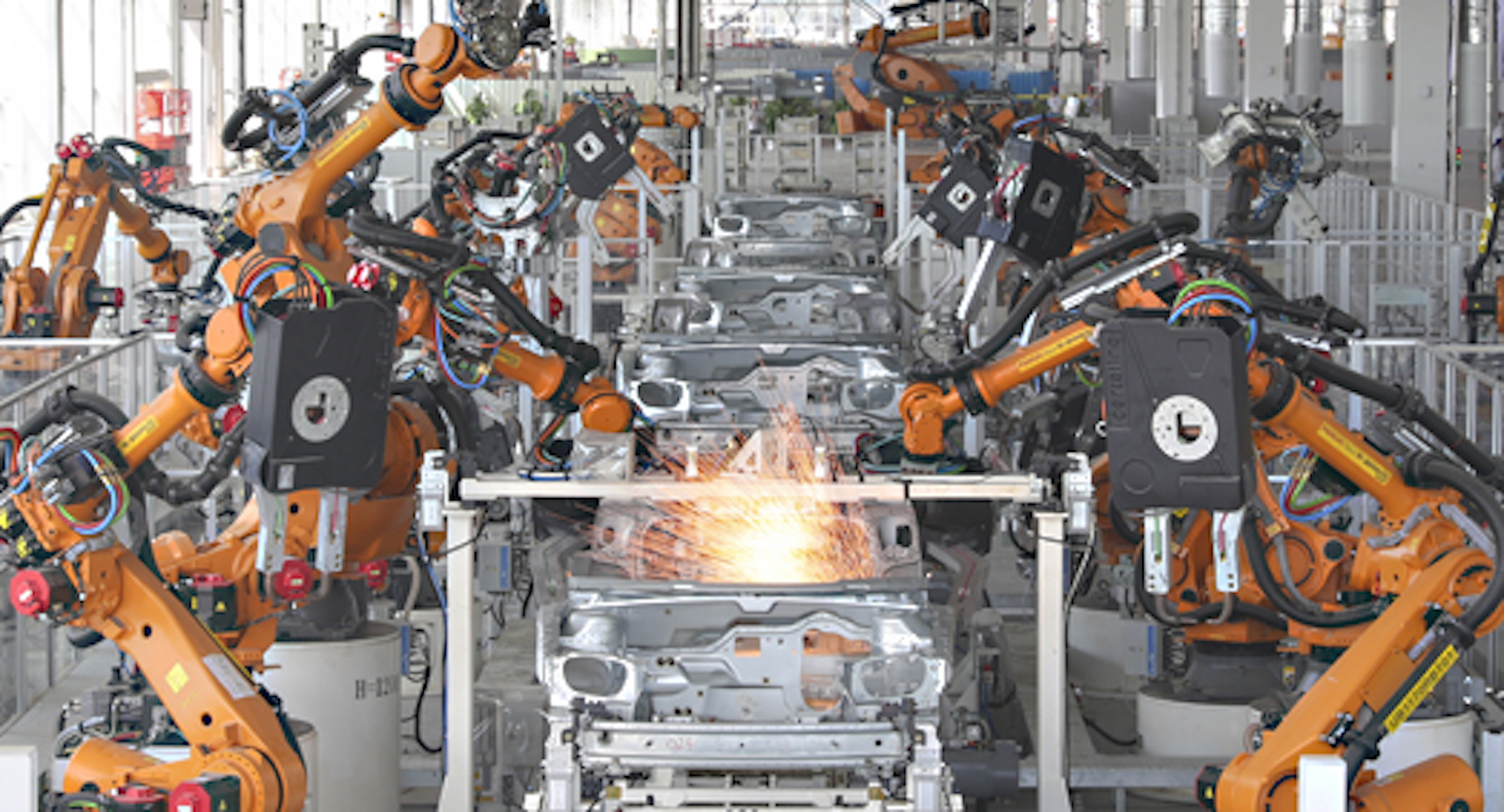Evergrande gets go-ahead to sell electric vehicles
Embattled Evergrande has been approved to sell electric vehicles, joining the list of firms pivoting to new ventures amid Beijing’s crackdowns.

The electric-vehicle arm of Evergrande, the now world-renowned debt-ridden property developer, has been granted the green light to sell two car models, per a document issued by the Ministry of Industry and Information Technology.
- Evergrande New Energy Vehicle Group faced a liquidity crisis not unlike its parent company as recently as September. The cash crunch led to worries that the company would be unable to begin mass production of its long-awaited electric vehicles.
- Evergrande announced its entrance into the new-energy vehicle business in 2018. In 2019, the property giant doubled down on its EV ambitions by releasing a three-year investment plan of 45 billion yuan ($7 billion).
- However, by early 2022, Evergrande had failed to sell a single car. Now the firm intends to put its vehicle products on the market as early as April.
China news, weekly.
Sign up for The China Project’s weekly newsletter, our free roundup of the most important China stories.
The context: Last September, Evergrande became the poster child of insolvency as the firm owed approximately $124 billion. This debt was to be paid out over the next fiscal year. At the time, the real estate developer could only pay a tenth of its bill. However, after several debt restructuring negotiations and extended grace periods, the real estate giant has survived its debt calamity.
- Evergrande’s first fully manufactured NEV was completed this January. With over 450 registered EV companies in China, Evergrande is a latecomer to the market.
- Yet there is hope for Evergrande’s vehicle venture. Sales of Chinese electric cars are booming, both in China and in foreign markets. Furthermore, Evergrande’s publicity may play into its ability to rapidly sell cars.
- But even if Evergrande profits from car sales, there is no guarantee the car gains can offset real estate losses.
Key takeaway: Companies that have been hit by Beijing’s structural reforms last year have pivoted to new ventures — either more politically agreeable or ambiguous — for a lifeline. Tech giants like Tencent and Alibaba are turning to the metaverse, edutech companies like New Oriental have turned to study-abroad programs and livestreaming, and Evergrande has turned to EVs.






